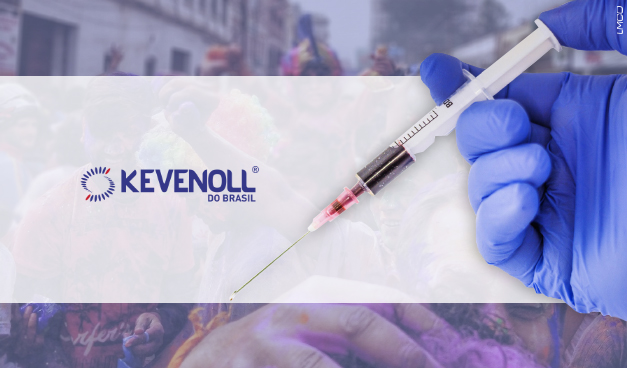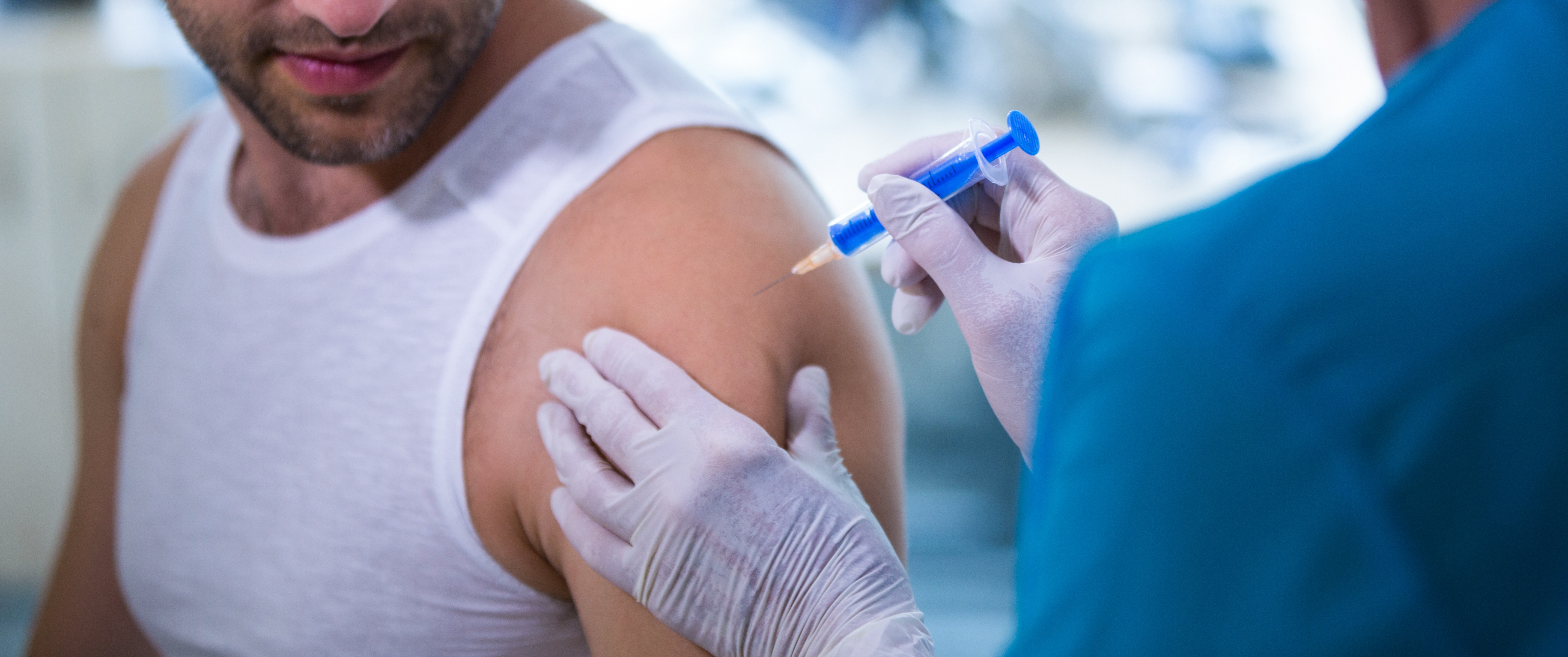Carnival is one of the liveliest festivals in Brazil and some countries around the world (especially in Latin America). For four days (or more in some cities), people go to the streets to celebrate their culture and folklore with lots of music, colors, dance, irreverence and joy.
However, one detail that draws attention is that many people usually get sick at that time. This happens because of the low in immunity that occurs due to poor diet, tiredness, excess alcohol, dehydration and exposure to the sun. These factors contribute to the body being more susceptible to the action of viruses and bacteria.
Flu, viruses, conjunctivitis, herpes, mononucleosis, gastroenteritis, STD’s and hepatitis are some of the most common diseases, which are most likely to manifest during and after carnival celebrations.
STDs (Sexually transmitted diseases) are the most remembered when talking about diseases at carnival, but viruses and respiratory diseases are as or more frequent at this time than STDs. This is because large agglomerations of people become environments conducive to contamination and transmission of viruses and bacteria that are contracted by the airways.
Many of these diseases we mention will only have their first symptoms about five days after contamination, such as runny fever, nasal congestion, myalgia and headaches. In the case of diseases such as flu and common viruses, symptoms disappear in a few days when treated with healthy foods and plenty of fluid and vitamin intake.
In cases of more serious diseases, the fact that immunity is lower in this period makes contamination with more serious diseases much easier as well. Measles, Syphilis, Yellow Fever are some diseases that can have a growth in the number of contaminated during carnival, and therefore, keeping vaccines up to time is extremely important at this time.
Read also: Holidays: Is your vaccination card up to schedule?
Other tips to enjoy without becoming contaminated:
- Don’t share glasses or canudos, and don’t drink straight from the can. Snacks sold by street vendors are also a danger, and can cause salmonella, infections, diarrhea and other bacteria;
- Be careful when using public restrooms. Several diseases can be acquired in these spaces;
- Avoid touching your face with dirty hands, scratching your eyes, or drying your face with paper towels from public toilets;
- Proper hygiene, with water, soap and alcohol help to avoid various viruses, and even the dhimed coronavirus;
- Try to rest, eat well and drink plenty of water. Don’t forget the sunscreen too. These simple attitudes will help prevent the low immunity and susceptibility to diseases;
In addition, it is important to observe the use of gloves and protective equipment by health agents when they need to go to health centers and emergency care points. Because of the great demand of the time, some professionals or volunteers may end up neglecting the use of these items, and contribute even more to the spread of diseases.
The use of gloves should also be checked in restaurants, stalls and foodtrucks, in addition to the entire hygiene protocol of the place where you go to feed. Although it is not necessary throughout the food preparation process, at times such as dish assembly the gloves function as a barrier, avoiding contamination of food with several harmful microorganisms.
Read also: Fast-foods, food-trucks and burgers: How and when to wear procedure gloves?
And The Use of Gloves for Food Handling
And if you have any of the symptoms mentioned in this article, or any other symptom, or if you know you have some disease of easy transmission, be conscious and avoid the agglomerations of revelers, or integrate the surgical masks and gloves into your fantasy. Be responsible, follow Kevenoll’s tip, and enjoy the carnival without contaminating or spreading diseases.




